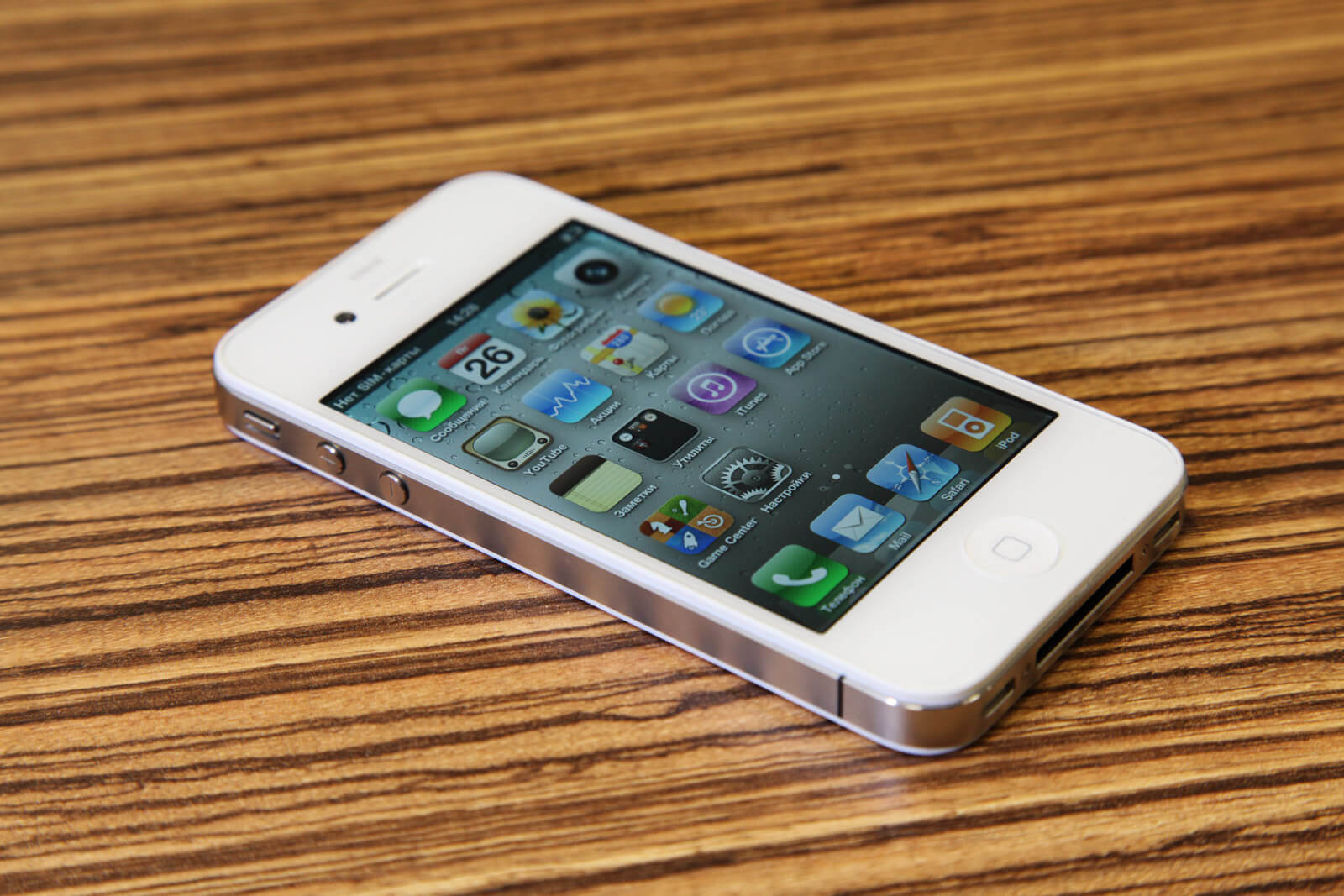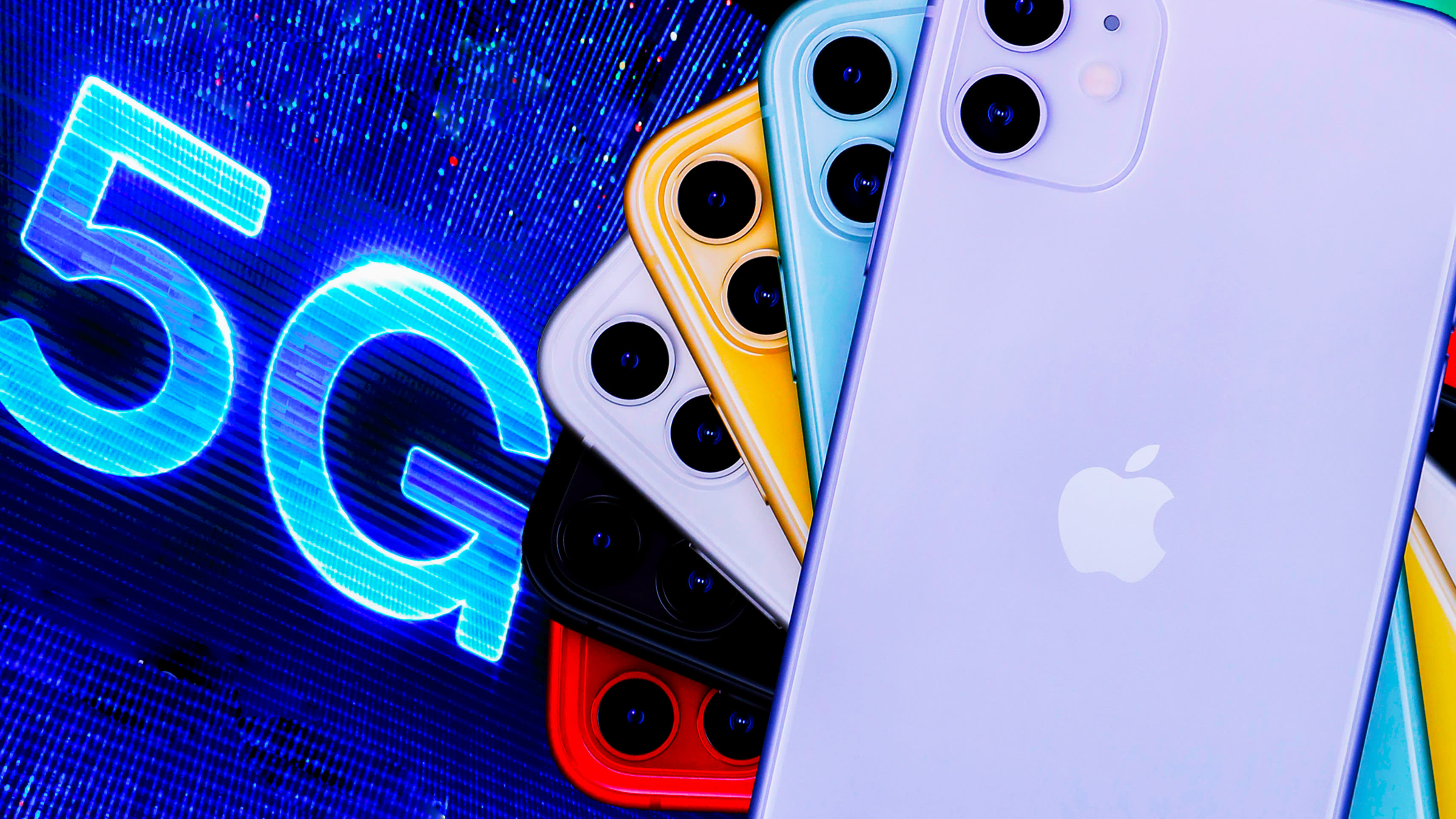The big picture: 5G connectivity seems to be ready for prime time as the tech is widely expected to officially debut this fall on Apple's trendsetting iPhones. While the 2020 models will be using the industry-standard Snapdragon X55 chip to boast faster network speeds (along with a higher price tag), Apple is reportedly developing an in-house alternative to Qualcomm's antenna in its 5G modem on account of the latter's design being too big for Cupertino's sleek devices.
Apple and Qualcomm put their legal battles to rest in April last year as both companies looked forward to a 5G future for the iPhone, set to kick off this fall. A new report, however, suggests that Apple isn't satisfied with Qualcomm's existing 5G antenna design and will be coming up with its own solution for 2020 iPhones.
"Apple balked at the QTM 525 millimeter-wave antenna module offered to it by Qualcomm because it doesn't fit into the sleek industrial design Apple wants for the new phone," an anonymous source told Fast Company.
The publication further notes that Qualcomm would still be Apple's 5G modem supplier, with its Snapdragon X55, and that Cupertino's custom antenna is being worked on alongside another design that utilizes both the Qualcomm modem and antenna.

After its $1 billion acquisition of Intel's 5G modem business, Apple could potentially be looking to slowly rid itself of Qualcomm by starting with an in-house antenna design, which seemingly won't be without its challenges as the antenna will need to work with a third-party modem, for which Fast Company notes:
The 5G iPhone will use a "phased array" antenna with two parts that work together to form a beam of radio signal. The beam can be electronically steered in different directions without the antenna moving. The modem chip and the antenna module work closely together to make this work properly, our source said. Having the two parts made by different companies may introduce some uncertainty and bump up the difficulty level of the overall design.
Along with its attempt for minimal reliance on Qualcomm, it remains to be seen how thin and sleek Apple is willing to go with its 2020 iPhones. If the company's custom antenna design is unable to achieve its targets, it would then have to settle for a slightly thicker iPhone that uses Qualcomm's QTM 525 antenna module, which its maker supports for designs sleeker than "8 millimeters thick."
